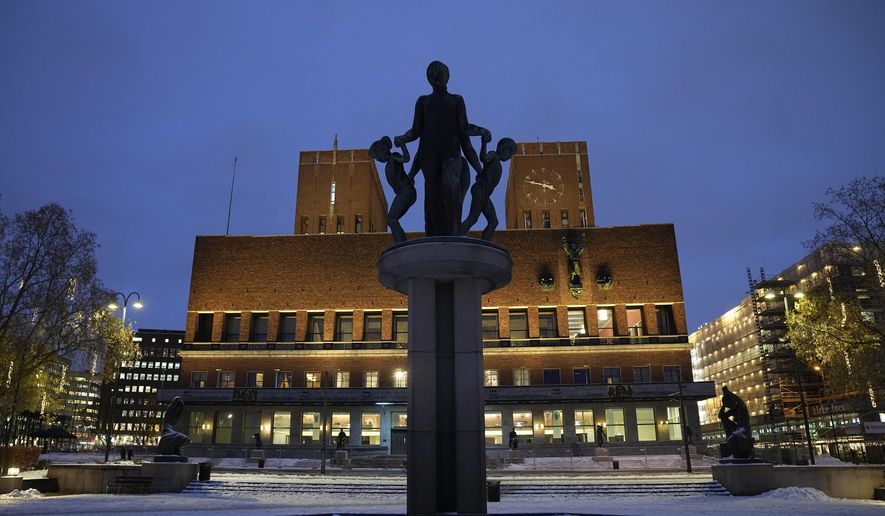Maybe it’s something in the Scandinavian waters, but Norway has been ranked by two different advocacy groups as both the least corrupt country in the world and the best place to retire.
After four years of stiff competition between Finland and Denmark, in 2022 Norway claimed the top ranking in the Global Corruption Index (GCI) for the first time. The next three countries were its Nordic cousins: Finland, Sweden, and Denmark. Estonia rounded out the top five of the list, tabulated by Global Risk Profile, a Swiss company that specializes in third-party risk management services.
Separately, the 2022 Natixis Global Retirement Index also named Norway the best place for retirees to spend their golden years, based on factors such as health care, quality of life, material well-being and post-employment finances.
New Zealand, Australia, and Ireland were the only Anglophone countries to crack the top 10 on the anti-corruption scale.
The U.S., which saw its ranking drop from 24th globally to 35th between 2018 and 2021, rebounded slightly to 31st in the latest corruption rankings.
The GCI formulated its list after analyzing several indicators, such as white-collar crime standards, money laundering and terrorism financing, along with the level of perceived public corruption. It also factors in intangibles such as governmental transparency and effectiveness.
SEE ALSO: U.S. says Iran responsible for drone attack on oil tanker in Middle East
The five countries scoring the lowest on the corruption ladder currently are South Sudan, Yemen, the Democratic Republic of Congo, Syria and North Korea. The Global Risk Profile identifies Syria, still trying to recover from more than a decade of civil war in which large parts of the country are not in the control of the government of President Bashar Assad, as the most corrupt country.
The worldwide COVID-19 pandemic also affected the ranking because of the implementation of a number of financial aid programs around the world that unlocked loans and credits at a fast pace. Investigators in the U.S. are still trying to determine how much of the hundreds of billions of dollars in federal COVID-related aid approved by both the Trump and Biden administrations were wasted or obtained fraudulently.
“This emergency response triggered new opportunities for corruption, bribery, falsification of submissions and embezzlement of public funds,” the GCP officials said.
China, whose President Xi Jinping has used an anti-corruption campaign in part as a way to undercut potential rivals, managed to jump back from 139th place in 2020 and to the 117th position slot.
The world’s multilateral organizations are not making much progress on the critical issues of transnational corruption, according to the advocacy group Transparency International. It called on leaders of the world’s biggest economic powers to focus on the issue of corruption, and said an opportunity was missed at the recent Group of 20 leaders’ summit in Bali, Indonesia.
“While the G-20 was not designed to address security issues, … it does have a mandate to discuss and improve the global financial system,” the leaders’ statement read in part. “It has a unique opportunity, and responsibility, to jointly discuss and implement key anti-money laundering reforms that can stop kleptocrats from amassing wealth and power,” Transparency International said in a statement.
The advocacy group said large-scale cross-border corruption is fueling a number of crises around the globe. The group commended the efforts of G-20 members who have fast-tracked anti-corruption reforms and now track suspicious assets from abroad, but said the overall system is only as strong as its weakest links.
“As scrutiny over illicit wealth intensified in some parts of the G-20, nothing is stopping the corrupt and criminals from moving stolen assets to other countries that have yet to crack down on dirty money,” Transparency International said.
• Mike Glenn can be reached at mglenn@washingtontimes.com.




Please read our comment policy before commenting.